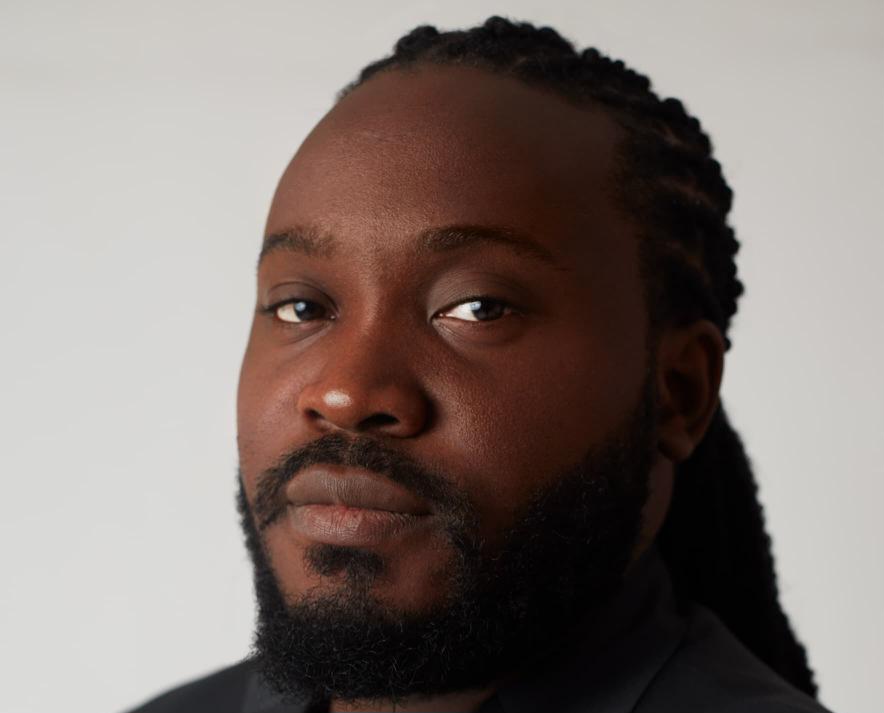 In the ever-evolving landscape of technology, the ability to connect innovation with tangible business needs is a rare skill. It requires technical expertise, a deep understanding of markets, an ability to foster relationships, and a commitment to driving meaningful change. Few people embody these qualities as seamlessly as Wole Odeleye, Business Development Manager at Oracle.
In the ever-evolving landscape of technology, the ability to connect innovation with tangible business needs is a rare skill. It requires technical expertise, a deep understanding of markets, an ability to foster relationships, and a commitment to driving meaningful change. Few people embody these qualities as seamlessly as Wole Odeleye, Business Development Manager at Oracle.
Odeleye has become a pivotal figure in driving digital transformation across West Africa since he joined Oracle in 2015. From securing multimillion-dollar partnerships with leading financial institutions to mentoring the next generation of tech professionals, his contributions have consistently delivered measurable impact.
In this exclusive interview, Wole shares his journey, insights into navigating the challenges of emerging markets, and his vision for the future of technology in Africa.
What inspired you to pursue a career in business development and technology?
My journey into business development and technology has been driven by one core principle: solving problems. I’ve always been fascinated by how technology can address complex challenges and unlock opportunities. During my university years, I gravitated toward case studies that focused on innovation; how companies were reshaping industries.
When I started my career, I realized there was a gap between the potential of technology and how businesses were using it. That’s where I wanted to make a difference; by connecting the dots between what technology could do and what businesses needed. Oracle was the perfect platform for that because of its focus on providing solutions that are not only innovative but also scalable.
Oracle is known for its global impact, but working in an emerging market like West Africa presents unique challenges. How have you approached those challenges?
Emerging markets like West Africa come with their own set of dynamics; limited infrastructure, a preference for legacy systems, and sometimes a lack of trust in new technologies. My approach has always been to listen first. What are the client’s pain points? What are their priorities? Once I understand that, I tailor Oracle’s offerings to address those specific needs.
For example, when we worked with Zenith Bank, they were facing high operational costs and inefficiencies in their transaction processing. By introducing Oracle Cloud Infrastructure, we were able to reduce their costs by 15% and significantly improve transaction reliability. But it wasn’t just about selling a product; it was about building trust and showing them that the solution would deliver real value.
Can you share another example of how you’ve driven digital transformation in the region?
One of my most rewarding projects was with First Bank. They had a traditional approach to customer data management that wasn’t keeping up with the scale of their operations.
We implemented Oracle’s database solutions, which not only improved their data processing efficiency by over 40% but also enabled them to gain deeper insights into customer behavior. This allowed them to tailor their services and improve customer satisfaction. Seeing how these changes impacted their business and their customers was incredibly fulfilling.
Tell us about that experience
When I joined Oracle, the business development team in West Africa was relatively small, with a lot of untapped potential. My goal was to build a team that wasn’t just focused on hitting targets but was also aligned with Oracle’s mission of enabling businesses to succeed.
I started by recruiting individuals who brought diverse perspectives and skills. Then I focused on mentorship, helping them understand the market, the technology, and how to connect the two. Over time, we grew from a small group to a robust team of 15 professionals.
I’m most proud of the culture we’ve built, a culture of collaboration, innovation, and a shared commitment to delivering value. Many of the team members I’ve mentored have gone on to take leadership roles within Oracle and beyond, which is incredibly rewarding.
How do you bridge the gap between business and technology in practice?
It starts with empathy. You can’t deliver a solution if you don’t understand the problem. At Oracle, I’ve always taken the time to sit with clients, listen to their challenges, and understand their goals. Then it’s about translating those needs into actionable solutions.
For example, with Zenith Bank, it wasn’t just about deploying a cloud solution; it was about understanding their operational inefficiencies and designing a system that addressed those specific issues. It’s about making technology work for the client, not the other way around.
What’s your vision for the future of technology in Africa?
Africa is at a tipping point. The potential for technology to drive economic transformation is enormous. We’re seeing more businesses adopt cloud infrastructure, AI, and data analytics to compete on a global scale. But there’s still work to be done, especially in building trust and addressing skill gaps.
I hope that we’ll see more collaboration between tech companies, governments, and local businesses to create solutions that are not only innovative but also inclusive. At Oracle, we’ve started to see that shift, and I’m excited to be part of it.
What lessons did you learn during your time at Oracle that could inspire business leaders?
First, always lead with empathy. Whether you’re working with clients or mentoring a team, understanding their needs is key.
Second, never stop learning. Technology is evolving every day, and staying ahead requires constant curiosity and a willingness to adapt.
Finally, focus on impact. At the end of the day, it’s not about the deals you close; it’s about the value you create for your clients, your team, and the industry as a whole.






